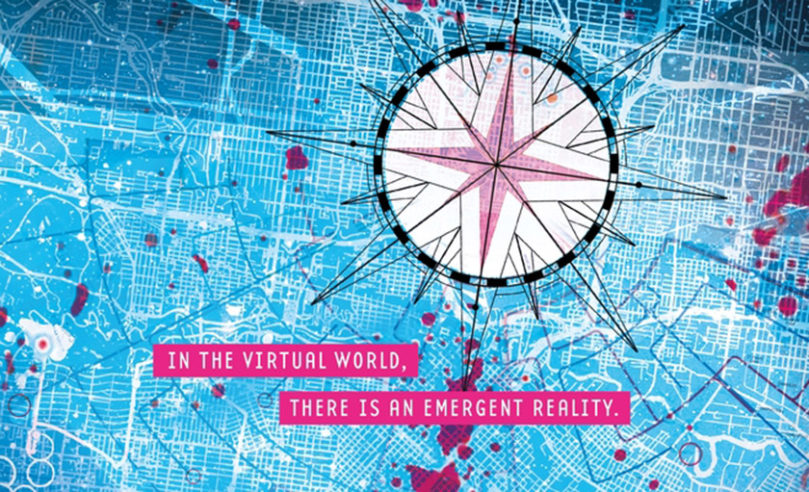
Excerpt: Stealing Worlds by Karl Schroeder
Try a sneak peek of Stealing Worlds by Karl Schroeder!

Try a sneak peek of Stealing Worlds by Karl Schroeder!
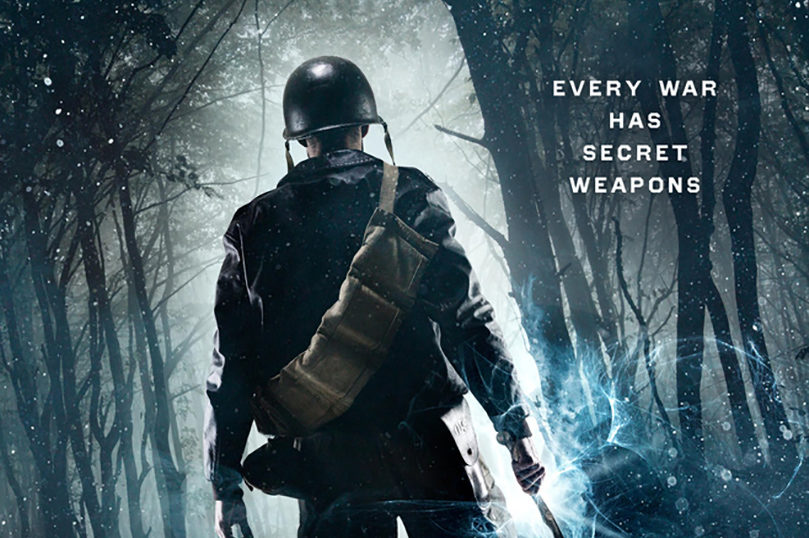
Welcome back to Fantasy Firsts. Our program continues today with an excerpt from The Midnight Front, a visionary World War II-era adventure from David Mack.
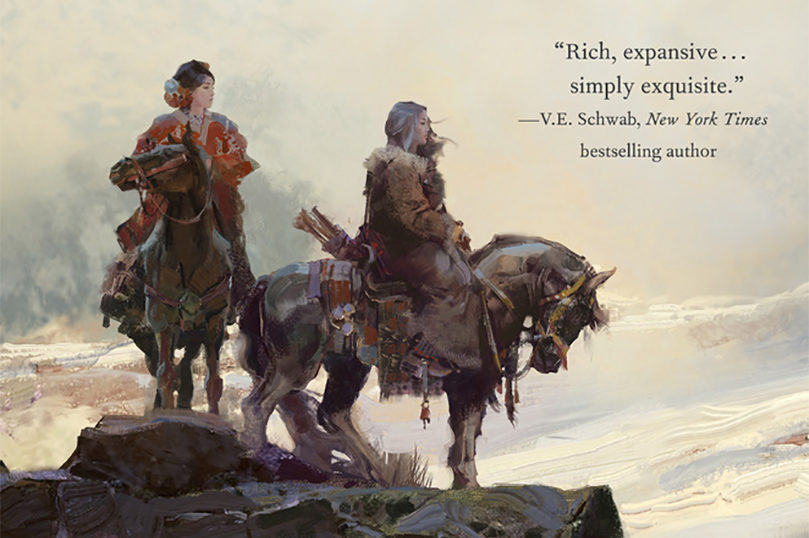
Welcome back to Fantasy Firsts. Our program continues today with an excerpt from The Tiger’s Daughter, the first book in a new fantasy series about a pair of young women whose bond may be the only hope for a world embattled by demons – and the price they pay for their bravery.
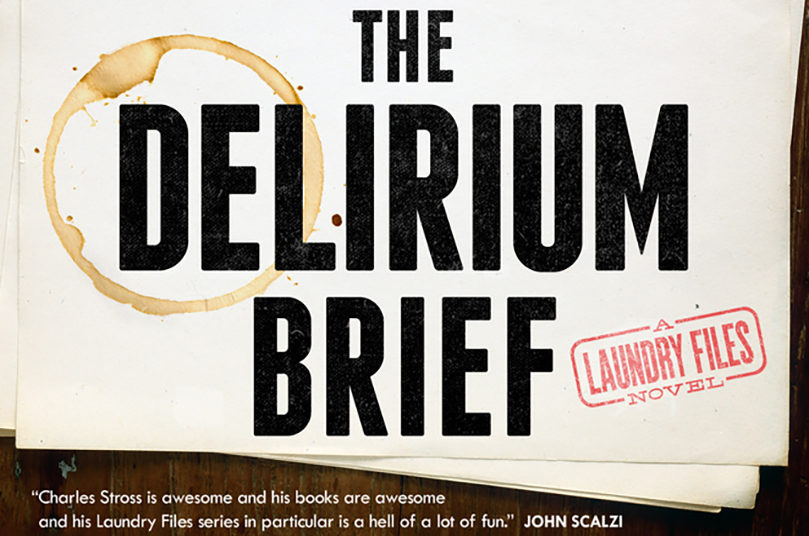
The Delirium Brief by Charles Stross continues the story of the Laundry Files, the secret agency that protects the world from unspeakable cosmic horrors. This book will become available July 11th. Please enjoy this excerpt.
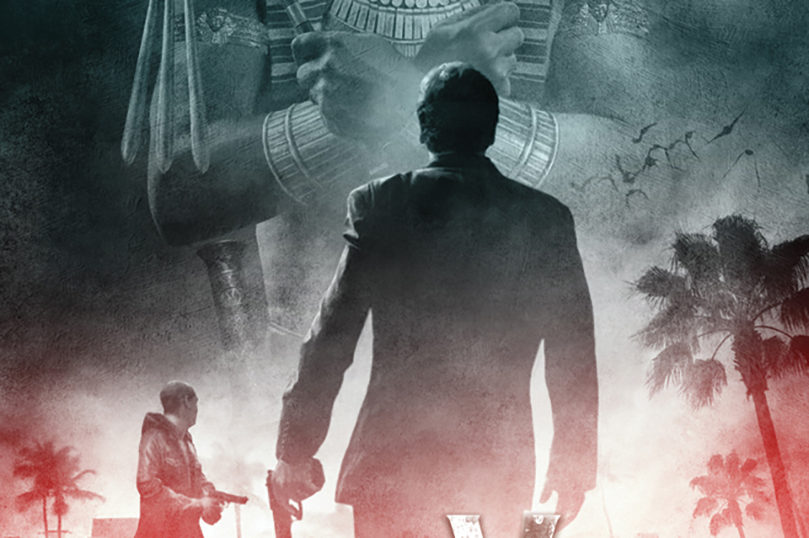
Alex Menkaure, former pharaoh and mummy, and his vampire partner, Marcus, born in ancient Rome, are vice cops seeking to prevent an ancient vampire conspiracy from coming to fruition. Graveyard Shift by Michael F. Haspil will become available July 18th.
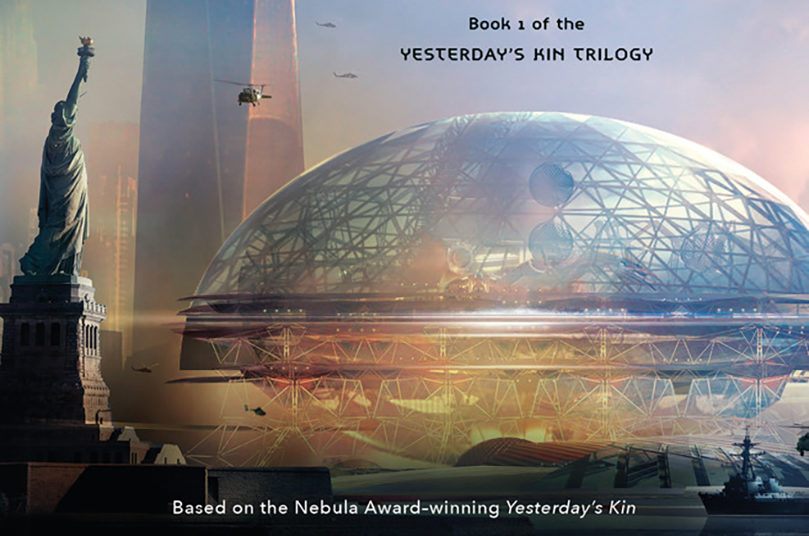
Aliens have landed in New York in Tomorrow’s Kin by Nancy Kress, a novel of first contact based on the Nebula Award-winning Yesterday’s Kin. This book will be available July 11th. Please enjoy this excerpt.
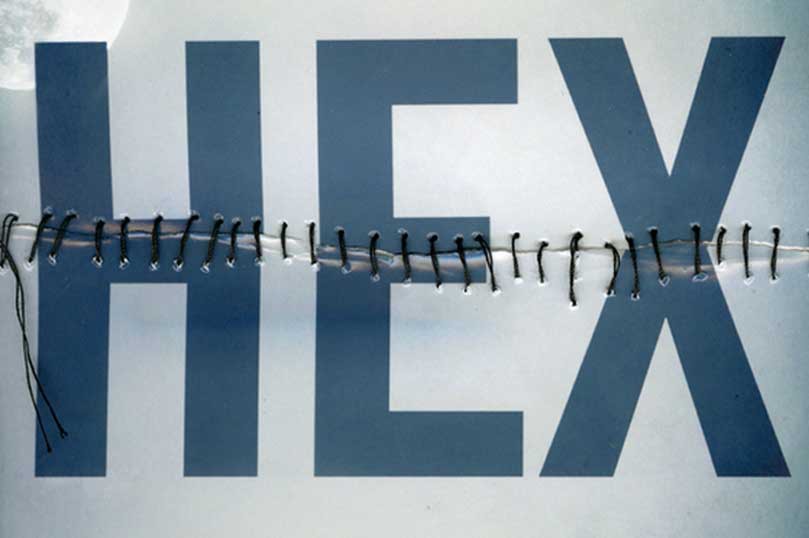
Read an excerpt of HEX by Thomas Olde Heuvelt, a book Steven King called “totally, brilliantly original.” Out in trade paperback 4/4.
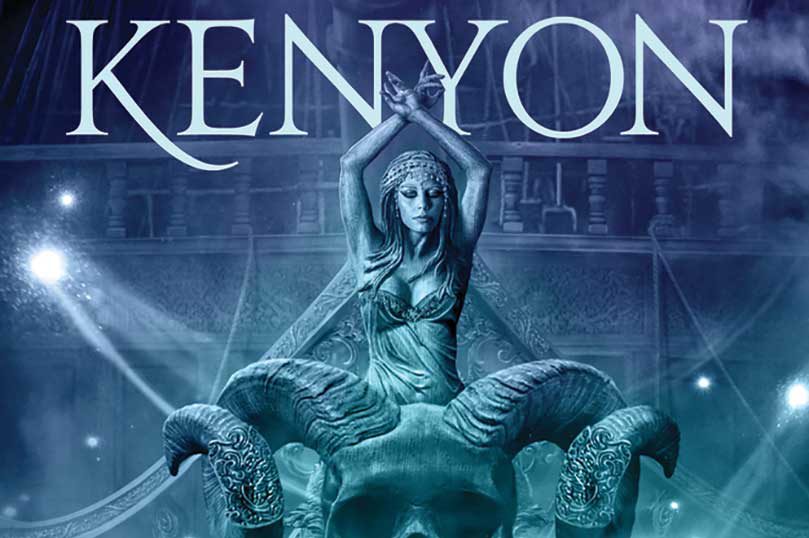
Our Fantasy Firsts program continues today with a sneak peek from Deadmen Walking, the start of a new epic fantasy series from bestselling author Sherrilyn Kenyon. Please enjoy this excerpt.
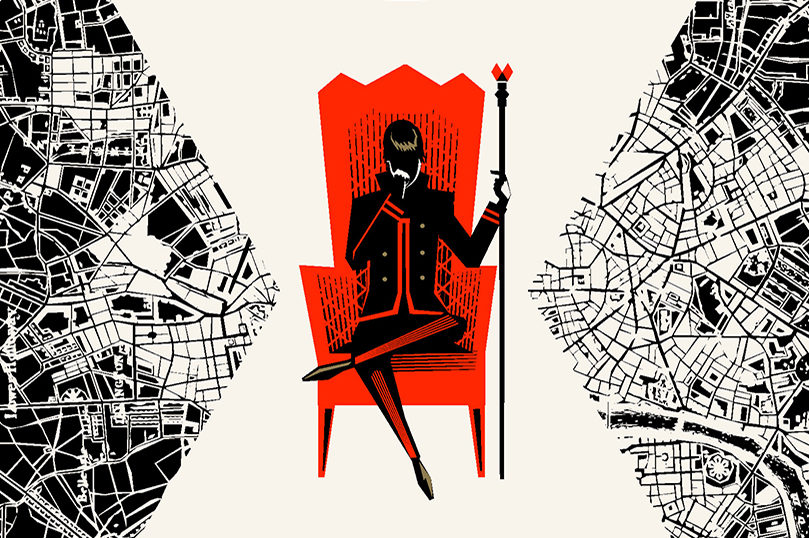
Londons fall and kingdoms rise while darkness sweeps the Maresh Empire in A Conjuring of Light by V.E. Schwab, the conclusion of the Shades of Magic trilogy. Please enjoy this excerpt.